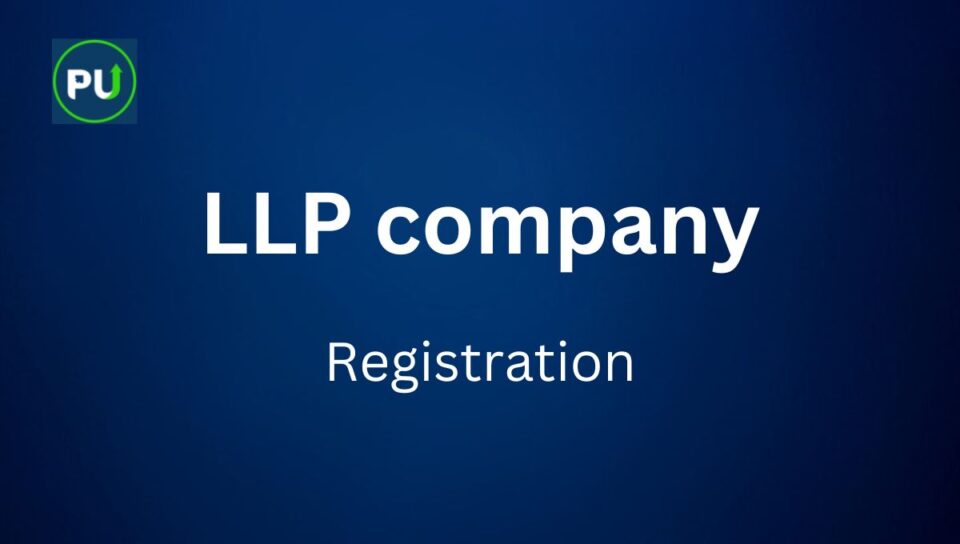Startups are rapidly becoming the driving force behind economic growth, with many entrepreneurs eager to realize their business dreams. While choosing the right business structure can be challenging, Limited Liability Partnerships (LLPs) have become a popular choice for startups.
Table of Contents
What is an LLP?
An LLP is a hybrid business structure that combines the flexibility of a partnership with the limited liability protection of a corporation. In an LLP, partners have limited personal liability for the debts and obligations of the business. They also have more control over the management of the business than shareholders in a corporation.
Benefits of LLP Registration for Startups
There are several reasons why LLPs are becoming popular among startups, including:
- Limited Liability Protection: An LLP offers personal liability protection to its partners, which means that their personal assets are safe from any claims against the business. This protection can be especially important for startups that are just beginning to establish themselves in the market.
- Flexible Management: LLPs allow partners to manage the business and make decisions jointly, without being bound by the formalities of a corporation. This flexibility allows startups to adapt to changing circumstances quickly.
- Lower Compliance Requirements: Compared to a corporation, LLPs have fewer compliance requirements, which can reduce the administrative burden and costs for startups. This makes it easier for them to focus on their core business activities.
- Easy to Set Up: LLP registration is a straightforward process, with minimal legal formalities. This means that startups can establish their businesses quickly and focus on growth.
- Tax Benefits: LLPs are taxed as partnerships, which means that they are not subject to corporate income tax. Instead, the profits and losses of the business are passed through to the partners, who report them on their individual tax returns.
LLPs vs Other Business Structures
Compared to other business structures, LLPs offer several advantages to startups. Here’s a brief comparison:
- LLPs vs Sole Proprietorships: Sole proprietorships offer no personal liability protection to their owners, while LLPs provide limited liability protection to partners. LLPs also offer more flexibility in management.
- LLPs vs General Partnerships: In a general partnership, all partners have unlimited liability for the debts and obligations of the business. In an LLP, partners have limited personal liability. LLPs also offer more flexibility in management.
- LLPs vs LLCs: LLCs also offer limited liability protection to their owners. However, LLCs have more formal requirements for management and are subject to more compliance requirements than LLPs.
How to Register an LLP
To register an LLP, follow these steps:
- Choose a Name: Choose a unique name for your LLP and ensure that it complies with the guidelines of the Registrar of Companies.
- Obtain Digital Signatures: All partners must obtain digital signatures to sign the documents required for LLP registration.
- File Form 1: File Form 1 with the Registrar of Companies, along with the required documents, including the LLP agreement.
- Obtain Certificate of Incorporation: Once the Registrar of Companies approves the application, they will issue a Certificate of Incorporation.
Conclusion
In conclusion, LLPs offer several benefits to startups, including limited liability protection, flexible management, lower compliance requirements, and tax benefits. Compared to other business structures, LLPs are easy to set up and offer more control to partners. If you’re planning to start a business, consider registering an LLP to enjoy these benefits.

